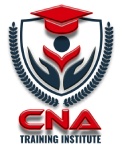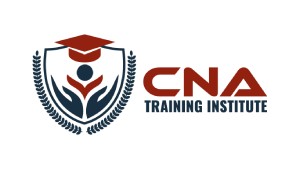The healthcare industry is a dynamic and difficult field, and professionals can greatly improve their qualifications, skills, and career trajectories by acquiring certificates. The American Safety and Health Institute or ASHI Pediatric Advanced Life Support course certification, amidst the multitude of credentials accessible, is noteworthy for its substantial influence on professional growth, especially for individuals working in pediatric healthcare.
Enhancing Clinical Competence
The improvement of clinical competence is among the most direct and noticeable advantages of PALS course in Dubai. Healthcare personnel can effectively manage and treat critically ill infants and children by acquiring advanced skills from the PALS training. This entails becoming proficient in pediatric evaluation protocols, identifying and handling cardiac and respiratory emergencies, and carrying out life-saving techniques. Individuals with a PALS certification are more equipped to manage stressful situations and provide better patient outcomes.
Standing Out in a Competitive Job Market
Completing an ASHI Pediatrics Advance Life Support Course might set you apart In the fiercely competitive healthcare employment market. Possessing specific credentials, which signify a greater degree of knowledge and a dedication to continued study, often gives candidates an advantage with employers in hospitals, clinics, and emergency services. A PALS certification may play a role in hiring decisions for jobs involving pediatric care. It proves to prospective employers that the applicant has completed extensive training and is qualified to handle pediatric crises with excellence.
Opening Doors to Specialized Roles
PALS certification is generally required for specialized positions in pediatric departments, intensive care units (ICUs), and emergency rooms (ERs). Training from the best PALS trainers in Dubai can open doors for healthcare professionals such as paramedics, respiratory therapists, nurses, and others who work in the advanced pediatric care industry. These positions typically pay more and receive more respect from their peers in the industry, besides providing the chance to work in more specialized and demanding conditions.
Facilitating Career Advancement
PALS certification plays a crucial role in promoting career progression within a company, apart from offering access to fresh employment prospects. Healthcare organizations generally value and reward employees who take the initiative to improve their education and skill sets. Healthcare organizations regularly prefer professionals with PALS certification for leadership positions, promotions, and other career growth opportunities. The qualification denotes a proactive attitude to professional and personal development as well as a dedication to quality, traits that are highly valued in the healthcare industry.
Professional Development and Continuing Education
A PALS certification requires continual practice and study to earn and maintain. Professional development requires this dedication to lifelong learning. Healthcare providers who have earned PALS certification must recertify every two years to ensure they are still knowledgeable about the most recent procedures and methods in pediatric emergency care. The skill set of the professional is improved by this continued education, which also promotes a culture of learning and improvement that is advantageous for career advancement.
The ability of healthcare practitioners to progress in their careers is significantly impacted by PALS certification. It improves clinical competency, sets applicants apart in a crowded employment market, lets people into specialized roles, makes career advancement easier, encourages continuous professional development, and increases self-assurance and credibility. Earning a PALS certification is essential for individuals committed to offering the best care possible to pediatric patients to pursue a fulfilling and prosperous career in healthcare.

